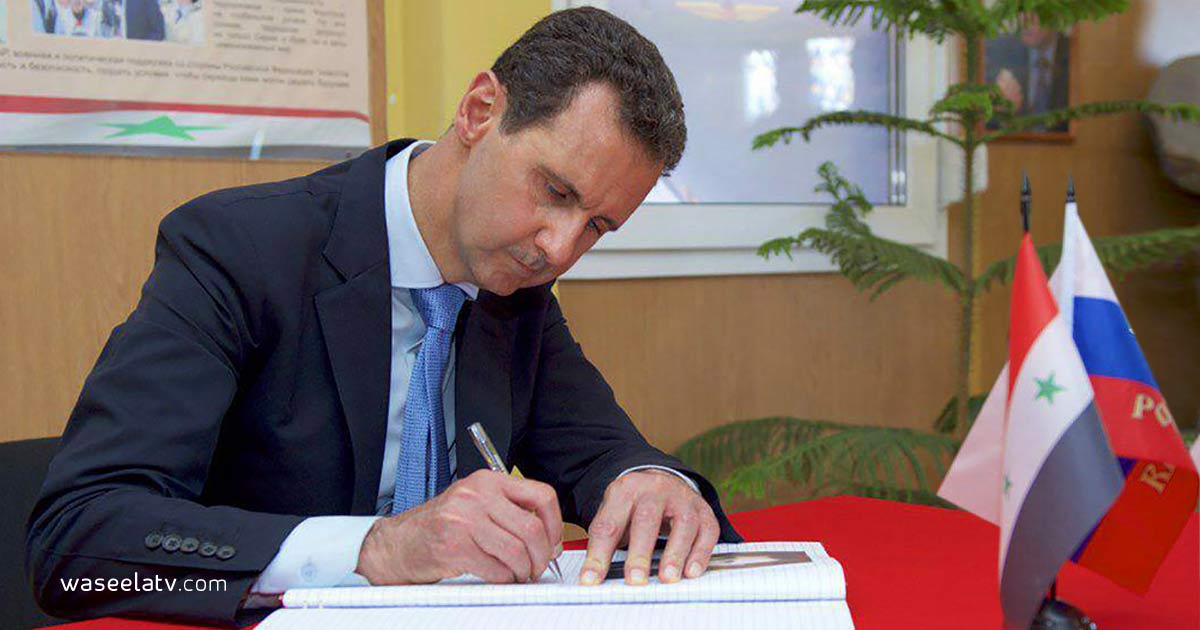President Bashar al-Assad has undertaken significant measures to enhance both the taxation and education sectors in Syria. In two separate decrees issued recently, the government is making strides to alleviate financial burdens and provide educational opportunities for its citizens.
Amending Income Tax Law
On August 28, 2023, President Bashar al-Assad enacted Legislative Decree No. 30 for the year 2023, introducing amendments to Income Tax Law No. 24 from 2003. These changes seek to streamline the tax system, fostering economic growth and fairness.
Assad Appoints Bassam Sabbagh Deputy Minister of Foreign Affairs and Expatriates
Among the pivotal modifications, the tax rate on salaries and wages is slated for reduction. This aims to ease the tax burden on the working populace, thereby bolstering disposable income. Additionally, taxes on lump-sum payments will undergo a reduction, and the minimum exemption threshold is set to rise. This alteration aligns the minimum exemption with the established minimum wage for public sector workers, starting in September.
Furthermore, tax adjustments will extend to commercial, and non-commercial professions, and crafts, with a lower income tax rate for taxpayers in these categories. Notably, the income tax applicable to tourism establishments will be reduced to 2% from the prior 2.5%, potentially stimulating the tourism industry.
Extending Educational Opportunities
In a parallel effort to empower the nation’s youth and ensure accessible education, President al-Assad issued Decree No. 225 for 2023 on August 29. This decree outlines provisions to grant a supplementary academic year to undergraduate and Master’s degree students who have either been dismissed or have exhausted all opportunities to undertake exams.
Under this decree, university students are eligible to progress to the subsequent academic year if they have not passed up to six subjects across all previous years. This compassionate approach acknowledges challenges that students might face and provides an avenue for advancement.
Moreover, the decree enables final-year university students, who have encountered difficulties and not passed more than six subjects, to apply for supplementary exams. This initiative ensures that students nearing the completion of their education are offered the chance to rectify their academic standing.
These presidential decrees underscore Syria’s commitment to sustainable economic growth and accessible education, reflecting the government’s dedication to the welfare and progress of its citizens.
This article was translated and edited by The Syrian Observer. The Syrian Observer has not verified the content of this story. Responsibility for the information and views set out in this article lies entirely with the author.


